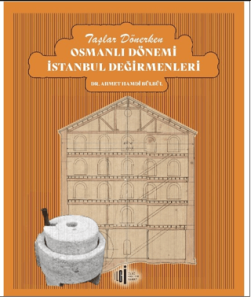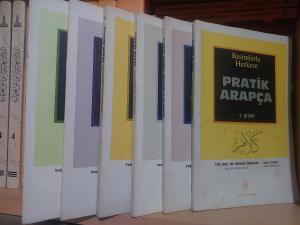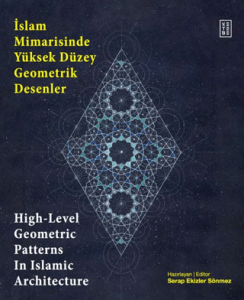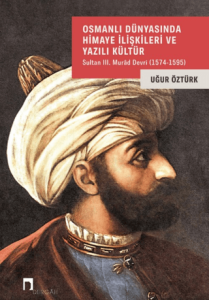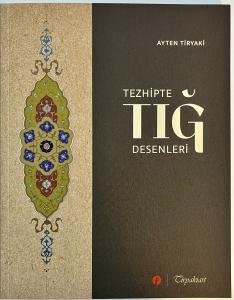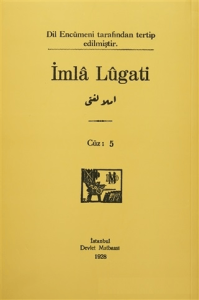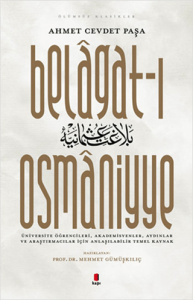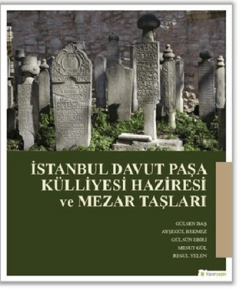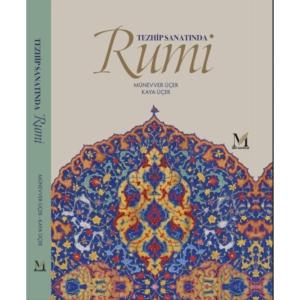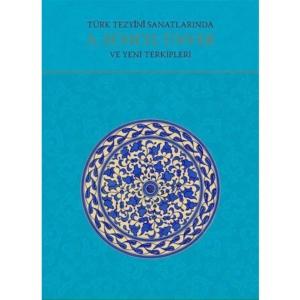9786055649036
222182
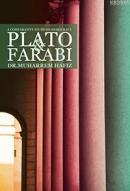
https://www.sahafium.com/kitap/a-comparative-study-on-democracy-plato-and-farabi-p222182.html
A Comparative Study On Democracy: Plato and Farabi
0.00
Plato and Farabi examine the features of democracy and the democratic city in their treatises, and democracy is a corrupt/ignorant rule and the moral values are easily overturned in it.
The basic characteristics of democracy are freedom, equality, and the authority of people pursuing the excessive appetites. These appetites must be governed by the highest principles of truth and objective reality. Therefore the ideal model-states of both Plato (?just city") and Farabi (?virtuous city") are principally opposed to demos- kratos (rule of people) with a view to the necessity of the few people (philosopher-king and philosopher-prophet).
Despite of all these negative approaches of Plato and Farabi, they allude to an ideal democratic model through educating all souls in the city through exhibiting the accessibility of virtue to all human beings, even philosophically or persuasively, in a rational and proper training. The educational project/model of both will be discussed in the third sections, and the writer argues that both Plato and Farabi are not deeply anti-democratic thinkers, but tried to preserve it in its proper and genuine form, and establish a moderate democratic city through educating people with a rational and good training. However, they differ from each other again from the viewpoint of the form of their alternative educational model.
The basic characteristics of democracy are freedom, equality, and the authority of people pursuing the excessive appetites. These appetites must be governed by the highest principles of truth and objective reality. Therefore the ideal model-states of both Plato (?just city") and Farabi (?virtuous city") are principally opposed to demos- kratos (rule of people) with a view to the necessity of the few people (philosopher-king and philosopher-prophet).
Despite of all these negative approaches of Plato and Farabi, they allude to an ideal democratic model through educating all souls in the city through exhibiting the accessibility of virtue to all human beings, even philosophically or persuasively, in a rational and proper training. The educational project/model of both will be discussed in the third sections, and the writer argues that both Plato and Farabi are not deeply anti-democratic thinkers, but tried to preserve it in its proper and genuine form, and establish a moderate democratic city through educating people with a rational and good training. However, they differ from each other again from the viewpoint of the form of their alternative educational model.
Plato and Farabi examine the features of democracy and the democratic city in their treatises, and democracy is a corrupt/ignorant rule and the moral values are easily overturned in it.
The basic characteristics of democracy are freedom, equality, and the authority of people pursuing the excessive appetites. These appetites must be governed by the highest principles of truth and objective reality. Therefore the ideal model-states of both Plato (?just city") and Farabi (?virtuous city") are principally opposed to demos- kratos (rule of people) with a view to the necessity of the few people (philosopher-king and philosopher-prophet).
Despite of all these negative approaches of Plato and Farabi, they allude to an ideal democratic model through educating all souls in the city through exhibiting the accessibility of virtue to all human beings, even philosophically or persuasively, in a rational and proper training. The educational project/model of both will be discussed in the third sections, and the writer argues that both Plato and Farabi are not deeply anti-democratic thinkers, but tried to preserve it in its proper and genuine form, and establish a moderate democratic city through educating people with a rational and good training. However, they differ from each other again from the viewpoint of the form of their alternative educational model.
The basic characteristics of democracy are freedom, equality, and the authority of people pursuing the excessive appetites. These appetites must be governed by the highest principles of truth and objective reality. Therefore the ideal model-states of both Plato (?just city") and Farabi (?virtuous city") are principally opposed to demos- kratos (rule of people) with a view to the necessity of the few people (philosopher-king and philosopher-prophet).
Despite of all these negative approaches of Plato and Farabi, they allude to an ideal democratic model through educating all souls in the city through exhibiting the accessibility of virtue to all human beings, even philosophically or persuasively, in a rational and proper training. The educational project/model of both will be discussed in the third sections, and the writer argues that both Plato and Farabi are not deeply anti-democratic thinkers, but tried to preserve it in its proper and genuine form, and establish a moderate democratic city through educating people with a rational and good training. However, they differ from each other again from the viewpoint of the form of their alternative educational model.




